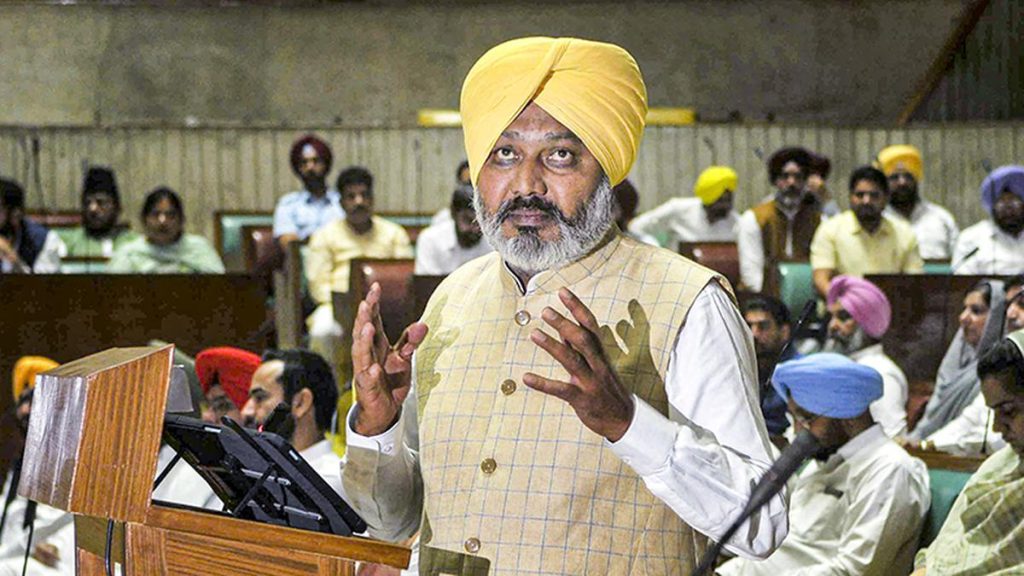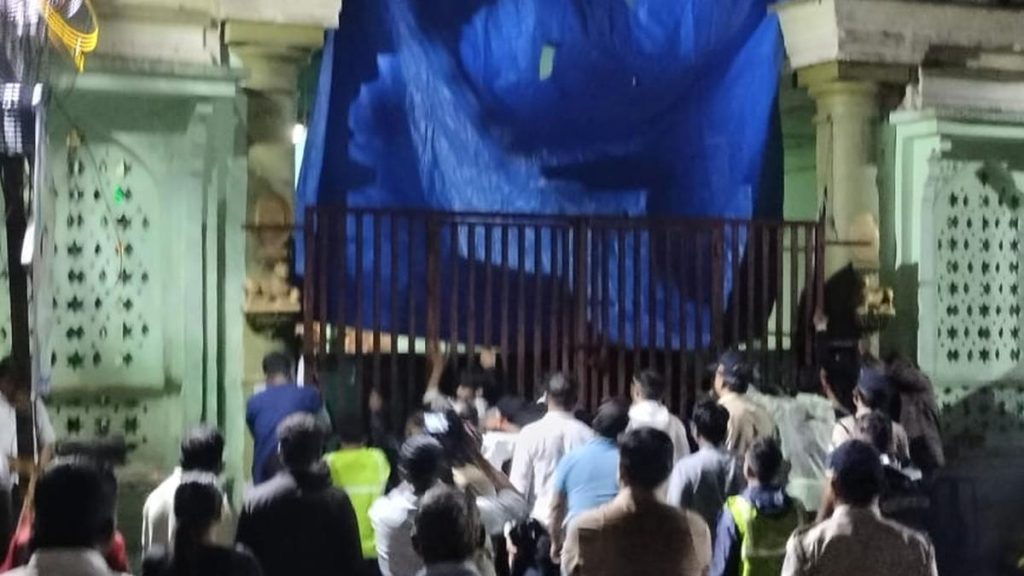Now Reading: Supreme Court Questions Centre on Governors Delaying State Bills
-
01
Supreme Court Questions Centre on Governors Delaying State Bills
Supreme Court Questions Centre on Governors Delaying State Bills
Quick Summary:
- CJI’s Observations: Chief Justice of India (CJI) B.R. Gavai questioned if the supreme Court must remain powerless while Governors delay assent to state Bills for years, effectively defying the democratic will of legislatures.
- Tamil Nadu Case: Specific reference made to Tamil Nadu Governor withholding key State Bills for nearly four years without providing an description.
- Center’s Argument: Solicitor General Tushar Mehta argued that inaction by Governors or Presidents on State Bills should be addressed politically, not judicially. He emphasized each organ must stick to its constitutional “turf.”
- judicial Review Debate: CJI Gavai countered that judicial review is essential when a Governor stalls Bills indefinitely, which impacts governance and democracy.
- Democratic Concerns: The Bench observed delays undermine the legislature’s majority decisions and democratic functioning.Justice Narasimha raised concerns about “logjams” if political solutions fail repeatedly.
- April Judgment Controversy: The Centre opposed provisions from an earlier Supreme Court judgment mandating three-month deadlines for gubernatorial or presidential assent on Bills, calling it unconstitutional interference.
read more: Presidential Reference hearing in Supreme Court
Indian Opinion Analysis:
The debate underscores meaningful constitutional tensions between different organs of India’s governance system – judiciary, executive, and legislative institutions. At its core is the balance between ensuring accountability of Governors (appointed by the Union government but integral to States) versus respecting their autonomy under constitutional provisions. While Solicitor General Mehta advocates restraint from judicial overreach into these areas, prolonged gubernatorial inaction could disrupt legislative processes and democratic principles within States.
The question raised by CJI Gavai about courts stepping in during impasses reflects valid concerns about safeguarding democracy when conventional political mechanisms fail. Setting prescribed timelines may clash with existing constitutional frameworks but could arguably prevent indefinite stalling by Governors or Presidents.
India’s federal structure depends deeply on cooperation between central and state authorities; unresolved tensions here may set precedents affecting future Centre-State dynamics beyond Tamil Nadu’s case. For now, this hearing reopens larger conversations around separation of power and checks against potential misuse within governance systems.
read more: 14 questions raised by President Murmu in Presidential Reference






















